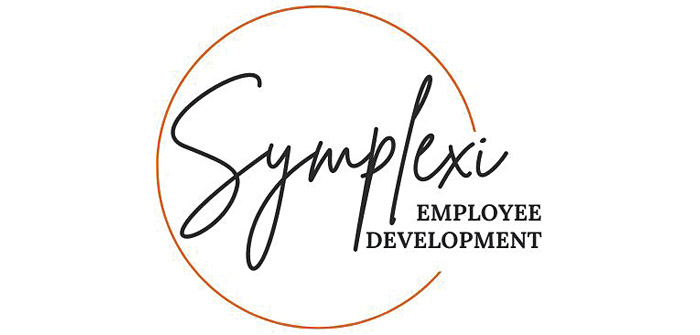The Impact of Stress on New Hires & Retention
According to a survey from recruiting platform Jobvite, 30 percent of new employees leave their job within the first 90 days. Studies indicate that beginning a new job is one of life’s most stressful events, comparable to other major life changes like moving, getting married, or having a child. Employers who understand and address these stressors increase the likelihood the new employee will do well during this critical phase and beyond.
Some of the challenges new employees face are learning new skills, which can be invigorating and exciting, but when coupled with everything else new, creates significant stress. In addition, every company has its own culture, and it takes time to adjust and learn all the nuances. Feeling pressure to immediately perform well is widespread among new hires, and the stamina needed to build relationships with coworkers, coupled with worry about not fitting in, are added strains. The level of support a new employee feels in the first 90 days is key to retention.
New employees need time and patience to develop their skills, build relationships, and succeed in their new roles and more importantly, to remain engaged with a sense that the employer is invested in their success. However, the manager may have significant constraints on their time, and the person assigned to training the new hire probably also has other regular duties, which can result in an unspoken message to the new hire… don’t ask for anything. In addition, new employees bring thoughts, beliefs, and challenges from past work experiences into the new job, which affects their perspective. They could be thinking things like “I should be faster or better at this,” or “We used to do it differently at my last job.” Sometimes the problems employers have with new employees come from these past experiences and have nothing to do with the current situation; they arise from the new employee’s lack of self-awareness.
During onboarding, employees need someone to listen when challenges arise, it’s important for this person to have a neutral perspective to support them in finding solutions, identifying their strengths and weaknesses, developing a plan to improve skills and knowledge, and providing guidance as they learn new things. They need help to set challenging but realistic goals with a plan to achieve them, and feedback and encouragement as they work toward their goals. Additionally, they need encouragement in developing strategies for overcoming challenges, guidance in building relationships with their colleagues, managers, and customers, and assistance in improving their performance. These are the tools of mental resilience and the time and effort needed to teach them are likely to be daunting for already busy trainers and managers.
One innovative way companies are tackling this problem is the use of employee success coaches. Studies of companies that offer coaching indicate there is a direct return on investment by utilizing a coach during onboarding.
- The International Coaching Federation found that companies that offer coaching have a 38 percent higher retention rate than companies that do not.
- The American Productivity and Quality Center found that companies that offer coaching have a 15 percent increase in productivity.
- Another study by the Hay Group found that companies that offer coaching to their employees had a 25 percent decrease in voluntary turnover.
An employee success coach provides essential tools for mental resilience, leaving your team time and energy to provide the necessary technical training, resulting in a smooth and successful transition into a new job, raising retention and building strong and loyal teams.
Abby Gorman, owner and founder of Symplexi Employee Development, started her career over two decades ago in the newspaper industry where she dedicated herself to cultivating and nurturing robust teams. Throughout her professional journey, Gorman recognized the immense value of empowering individuals to reach their full potential. Driven by her unwavering commitment to personal and professional growth, she embarked on her own transformative path, becoming a certified life, development, and trauma-informed coach. With a wealth of life and business experience, Gorman has merged her expertise and collaborates with companies to grow and empower their teams.





